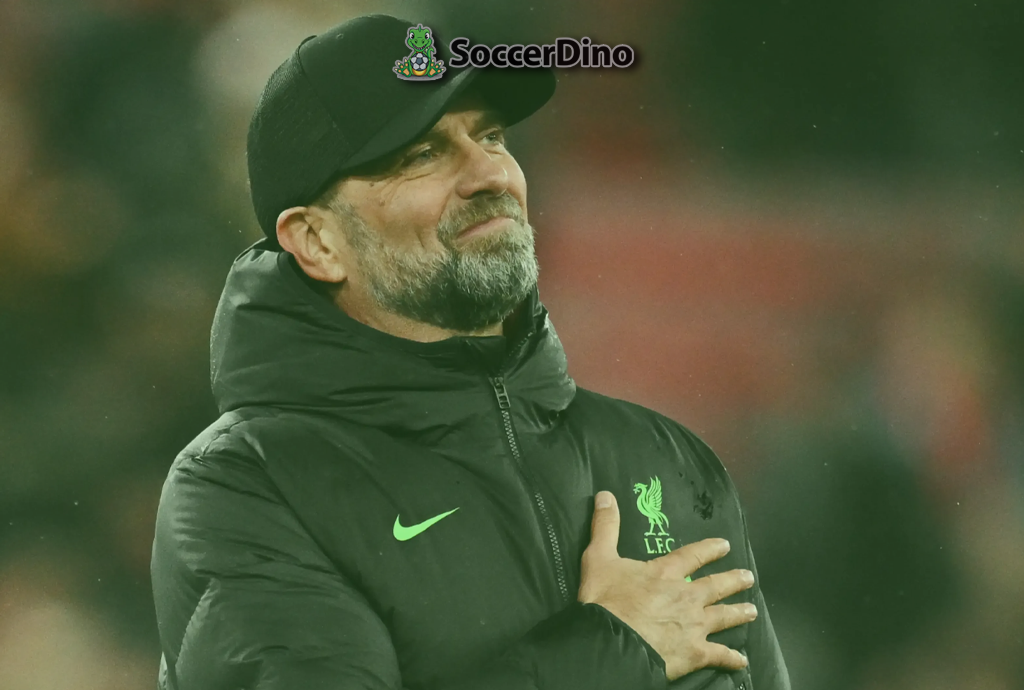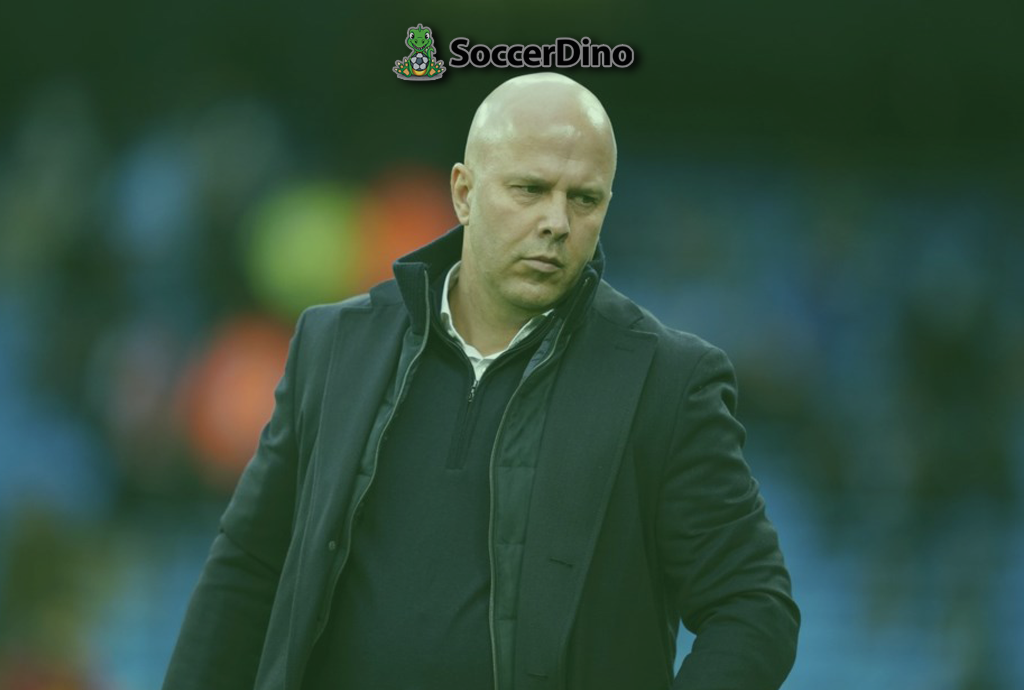Piacenza, once a familiar name in Serie A during the 1990s, now competes in the lower tiers of Italian football. On Tuesday, the club from northern Italy experienced a highly unusual coaching change.

Piacenza, a club once synonymous with Serie A football in the 1990s and early 2000s, has endured a dramatic and painful fall from grace over the past two decades.
Known for producing and attracting talents such as Filippo and Simone Inzaghi, Enzo Maresca, Giuseppe Signori, and Pietro Vierchowod, the team was a staple of Italy's top flight during its heyday. However, since their relegation from Serie A in 2003, Piacenza has experienced a series of misfortunes that have left the club struggling to find stability or regain its former glory.
Following their drop to Serie B in 2003, Piacenza began a slow and steady decline. Their finances were severely impacted by relegation, and they were unable to recover their footing in the increasingly competitive landscape of Italian football. In 2012, the situation came to a head when the club declared bankruptcy, a moment that marked one of the darkest chapters in its history. Reborn as Piacenza Calcio, the team has since fought its way back to Serie D, the fourth tier of Italian football, but the road has been far from smooth.
Currently, Piacenza finds itself in a precarious position, sitting 11th in Serie D, far from the promotion spots that would bring them closer to the professional ranks of Italian football. This lackluster performance has frustrated fans and management alike, leading to a series of changes aimed at reversing the club's fortunes. Last month, coach Stefano Rossini was dismissed after a disappointing start to the season. The club moved quickly to appoint Simone Bentivoglio as his replacement, a decision that would only deepen the chaos surrounding the struggling team.
On Tuesday, Bentivoglio conducted his first training session with Piacenza, but his tenure would prove to be one of the shortest in football history. By the end of the day, Bentivoglio and the club had mutually agreed to terminate his contract, a development that stunned observers. In an almost surreal turn of events, Rossini, the coach who had been dismissed only weeks earlier, was reinstated as Bentivoglio’s replacement. The sequence of events one coach replacing another only to be replaced by the same person hours later has left fans and pundits shaking their heads at the ongoing turmoil within the club.
The decision to part ways with Bentivoglio so quickly was not entirely surprising given the backlash from Piacenza’s supporters. His appointment was met with immediate protests due to his controversial past. In 2011, Bentivoglio was implicated in a high-profile match-fixing scandal that rocked Italian football. At the time, he was a midfielder for Chievo Verona and was found guilty of involvement in illegal betting activities. As a result, Bentivoglio received a 13-month suspension, a punishment that left a lasting stain on his reputation. For many Piacenza fans, his arrival was a reminder of a dark chapter in Italian football, and they made their displeasure known.
The protests escalated rapidly, forcing the club to reconsider its decision. Adding to the intrigue, Bentivoglio’s appointment had been orchestrated by a newly hired sporting director who had only just joined the club. The director’s tenure also appears to be off to a rocky start, as he was photographed shaking hands with Rossini on the same day that he bid farewell to Bentivoglio. This revolving door of personnel changes has only added to the perception that Piacenza is a club in disarray.
The chaos at Piacenza comes at a critical time, as the team is set to face Villa Valle in the Coppa Italia Serie D on Wednesday evening. The match, which will take place at Piacenza’s home ground, has become a focal point for fans and media alike. Beyond the result on the pitch, the game raises a pressing question: who will be sitting on the bench as the team’s coach when the final whistle blows? With Rossini back in charge for now, it remains to be seen whether his second stint in such a short time will provide the stability that Piacenza so desperately needs.
The turmoil at Piacenza is emblematic of the challenges faced by lower-league clubs in Italy. While the top tier of Italian football continues to thrive, with clubs like Inter Milan, Napoli, and Juventus competing on the global stage, the lower leagues are often plagued by financial instability, mismanagement, and a lack of resources. For Piacenza, a club with a proud history and a passionate fan base, the road to recovery is a steep one. The events of the past week have only highlighted the scale of the challenges that lie ahead.
As Piacenza battles to find its footing in Serie D, the memories of their glory days in Serie A serve as both a source of inspiration and a reminder of how far the club has fallen. The hope among fans is that stability, vision, and determination can one day restore Piacenza to a place of prominence in Italian football. For now, however, the club must navigate the chaos and focus on the immediate task of climbing the Serie D table and regaining the trust of its supporters.







